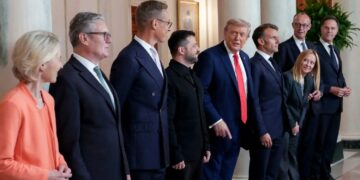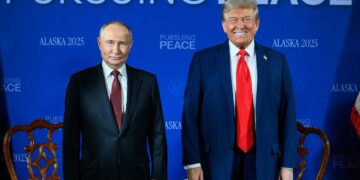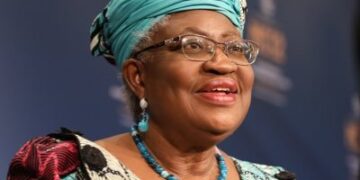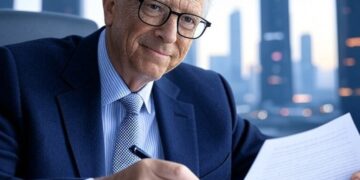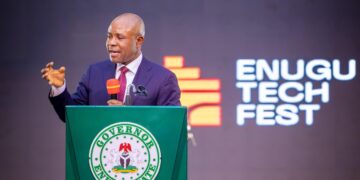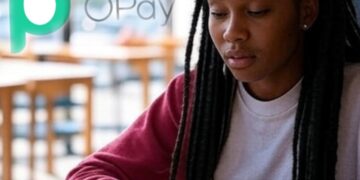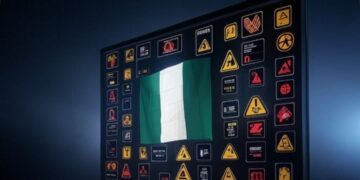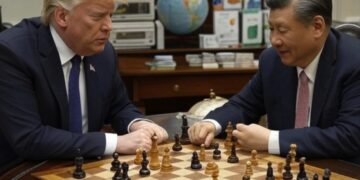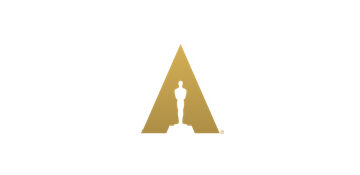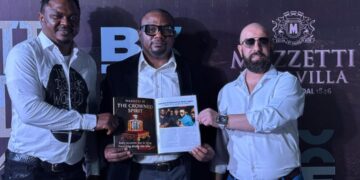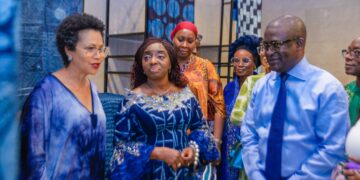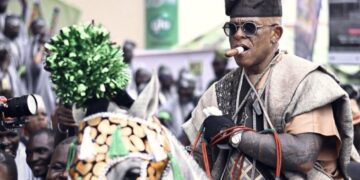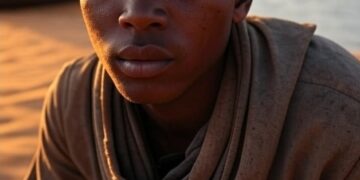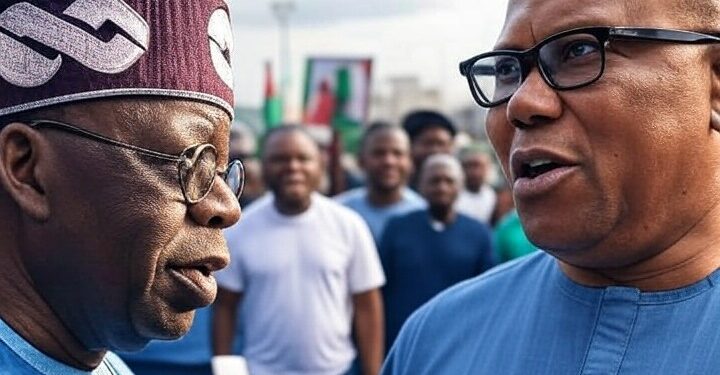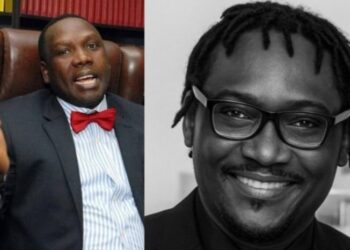As Nigeria prepares for the 2027 general elections, the political landscape is a volatile mix of ambition, alliances, and rivalries. The All-Progressives Congress (APC), African Democratic Congress (ADC), Labour Party (LP), and Peoples Democratic Party (PDP) are navigating a complex web of aspirants and strategies, with the added twist of a fragile opposition coalition. With voter cards ready, Nigerians are set to decide the nation’s future amid a backdrop of competing interests and potential disruptions. Here’s a deep dive into the key players, their maneuvers, and the challenges shaping the road to 2027.
APC: The Incumbents Hold Firm
The ruling All Progressives Congress (APC), led by President Bola Tinubu, is gearing up to defend its mandate. Tinubu, who won 37% of the vote in 2023, is expected to run for a second term alongside Vice President Kashim Shettima. Names like Modu Ali Sheriff, Yakubu Dogara, and emerging figures such as Gilbert and Marco are being mentioned as potential influencers within the party. The APC is focused on consolidating its base, but social media posts on X highlight concerns about “sponsored spoilers”—thugs, legal challenges, and disinformation campaigns—that could disrupt its campaign. Balancing economic reforms and security challenges while countering opposition moves will be critical for the APC’s success.
ADC: A Coalition Teetering on the Edge
The African Democratic Congress (ADC) has emerged as a potential game-changer, driven by a coalition of heavyweights aiming to unseat the APC. Former PDP candidate Atiku Abubakar and Labour Party’s 2023 star Peter Obi are central to this alliance, joined by figures like former Senate President David Mark, former PDP chairman Uche Secondus, and APC defectors Nasir El-Rufai and Rotimi Amaechi. This coalition seeks to unify opposition votes, avoiding the 2023 vote-splitting that handed Tinubu victory (Atiku: 29%, Obi: 25%).
However, cracks are already visible. Peter Obi, while claiming to support the coalition, remains a Labour Party member and insists on being on the 2027 ballot, signaling he may not accept a secondary role. Obi has proposed a single four-year term to complete an eight-year Southern presidency, appealing to Southern voters and his “Obidient” base. Meanwhile, Atiku, who championed a Northern power shift in 2015, is determined to contest, drawing opposition from Obidients and Southerners who view his candidacy as a betrayal of regional rotation. Atiku’s supporters, in turn, are pushing for Obi to serve as his vice-presidential running mate, creating a standoff. Posts on social media platform X reflect this tension, with Obidients chanting “Peter Obi or Nothing” while Atiku’s camp demands primacy. If the coalition fails to agree on a consensus candidate, its dream of defeating Tinubu could collapse.
LP: Obi’s Shadow Looms Large
The Labour Party (LP), which surged in 2023 with Peter Obi’s “Obidient” movement, is at a crossroads. Obi’s involvement in the ADC coalition while maintaining LP membership has created uncertainty. The party, now led by Interim National Chairman Senator Nenadi Esther Usman and Interim National Secretary Senator Darlington Nwokocha, is exploring aspirants like Aminu Tambuwal and Nasir El-Rufai. However, Obi’s insistence on contesting in 2027—potentially as an LP candidate if the ADC coalition falters—keeps him as the party’s focal point. His pledge for a single term resonates with voters seeking continuity in Southern leadership, but his dual allegiance risks alienating LP loyalists. The LP must rebuild its momentum post-2023, when it won 11 states and the FCT, while fending off internal crises and external pressures.
PDP: A Party in Disarray
The Peoples Democratic Party (PDP), Nigeria’s former ruling giant (1999–2015), is struggling to regain relevance after losing key figures to the ADC. Potential aspirants include Goodluck Jonathan, Bala Mohammed, Rabiu Kwankwaso, Seyi Makinde, and Nyesom Wike, but internal fractures threaten its prospects. The PDP’s refusal to join the ADC coalition signals confidence in its standalone strategy, yet analysts like Iliyasu Hadi warn that defections by Atiku and others could cede its opposition leadership to the ADC. The party’s 2023 focus on peripheral issues, like probing Tinubu’s credentials, drew criticism for diverting resources from grassroots efforts. Unifying its ranks and crafting a compelling narrative will be essential for the PDP to challenge the APC and ADC.
The Road Ahead: Spoilers and Voter Power
The 2027 elections will test Nigeria’s democratic resilience. “Sponsored spoilers”—thugs, court orders, and distortions—loom large, threatening to derail campaigns. The ADC’s coalition, while promising, risks imploding over the Obi-Atiku rivalry, with both camps entrenched in their demands. Economic hardship, insecurity, and low voter turnout (35% in 2019) remain critical challenges, while high nomination fees continue to exclude youth and women, with female representation in the National Assembly at just 6.7%. The youth, a key demographic, will be pivotal, especially for the ADC and LP, which have strong appeal among younger voters.
Your Vote, Your Future
As Nigeria’s political drama unfolds, the 2027 elections hinge on unity, strategy, and voter engagement. The APC’s incumbency, the ADC’s fragile coalition, the LP’s Obi-driven momentum, and the PDP’s fight for relevance will define the race. Amid claims, counterclaims, and potential disruptions, the power rests with Nigerians. Get your voter card ready, stay vigilant, and shape the nation’s destiny in this critical moment.





